Gig Young
Biography
Born November 4, 1913 in St. Cloud, Minnesota, USA
Died October 19, 1978 in New York City, New York, USA (suicide)
Birth Name Byron Ellsworth Barr
Height 6' 1" (1.85 m)
Gig Young was born Byron Barr to parents John and Emma Barr in Minnesota, and raised in Washington, DC, where he developed a passion for theatre while appearing in high school plays. After gaining some amateur experience, he applied for and received a scholarship to the acclaimed Southern California's Pasadena Community Playhouse. While acting in "Pancho", a south-of-the-border play by Lowell Barrington, he was spotted by a Warner Brothers talent scout, leading to his signing contracts with the studio. Still acting under his given name, Byron Barr, he played bits and extra roles. He experimented with varying screen names because there was already another actor with the same name (see Byron Barr). In 1942, in the picture The Gay Sisters (1942), he was given the role of a character whose name was Gig Young, which he liked well enough to finally adopt it as his permanent stage name. His intermittent roles and, therefore, income, required Young to supplement his income working at a gas station, but success in The Gay Sisters (1942) eventually allowed him the freedom to become a full-time actor. Although service in the U.S. Coast Guard during World War II interrupted his ascension, after discharge he quickly established himself as a reliable light leading man, usually the second male lead to stars who were established box office draws. A dramatic part in Come Fill the Cup (1951) resulted in his being nominated for a Best Supporting Actor Oscar; a second Supporting Actor nomination followed seven years later for his comedic performance in Teacher's Pet (1958). A prolific television career later complemented his film work. In 1969, his surprisingly seedy portrayal of a dance-marathon emcee in They Shoot Horses, Don't They? (1969) finally brought him that Supporting Actor Oscar. A succession of marriages, including one to actress Elizabeth Montgomery, failed. In 1978, only three weeks after marrying German actress Kim Schmidt, Young apparently shot her to death in their New York City apartment and then turned the gun on himself. The precise motivation for the sad and grisly murder-suicide remains unclear. Young was not quite 65, his bride, 31.
- IMDb Mini Biography By: Jim Beaver
Family (3)
Spouse Kim Schmidt (27 September 1978 - 19 October 1978) (her death)
Elaine Young (18 September 1963 - 23 November 1966) (divorced) (1 child)
Elizabeth Montgomery (28 December 1956 - January 1963) (divorced)
Sophie Rosenstein (29 December 1950 - 11 November 1952) (her death)
Sheila Stapler (2 August 1940 - 18 August 1949) (divorced)
Children Jennifer Young
Parents John Barr
Emma Barr
Trivia (22)
Daughter, Jennifer Young, was born in 1964.
Adopted the name Gig Young verbatim from that of the character he portrayed in The Gay Sisters (1942).
Cast in Blazing Saddles (1974) as the Waco Kid. Replaced by Mel Brooks with Gene Wilder shortly after filming began because the alcoholic Young was suffering from delirium tremens on the set.
Dreaming of a comeback on Broadway, Young had recently appeared in a Canadian tour of the play "Nobody Loves an Albatross" by Ronald Alexander before his October 19, 1978 suicide.
Young is considered the ultimate victim of the Oscar curse, so-called because many Academy Award winners have seen their careers decline or reach a dead-end after winning the ultimate accolade from their peers. According to his fourth wife Elaine Young, "What he was aching for, as he walked up to collect his Oscar, was a role in his own movie, one that they could finally call a Gig Young movie." Young was shattered when that opportunity did not materialize. "For Gig, the Oscar was literally the kiss of death, the end of the line", according to Elaine.
His will, which covered a $200,000 estate, left his Academy Award to his agent, Martin Baum, and Baum's wife. The wording of the will called it "the Oscar that I won because of Martin's help". New York City police found the statuette beside the bodies of Young and his wife.
"Gig knew real pain" - his agent, Martin Baum, speaking at his memorial service.
Portrayed by Steve Hughes in James Dean: Race with Destiny (1997).
Was originally cast as the voice of Charles Townsend for the TV Series Charlie's Angels (1976), but was too drunk to record his lines and was replaced at the last minute by John Forsythe.
Once romantically involved with fellow alcoholic Elaine Stritch. Their destructive relationship is poignantly discussed in Elaine's Tony-winning one-woman show Elaine Stritch at Liberty (2002). He met actress Elizabeth Montgomery shortly after their aborted engagement.
His father was a chef for a St. Cloud reformatory in Minnesota, and also had his own home canning business.
Attended McKinley High School in Washington D.C.
Earned a scholarship at the Pasadena Playhouse and worked as a garage mechanic and parking lot attendant on the side.
His film career was interrupted by WWII duty with the Coast Guard, serving in the Pacific for three years.
After not renewing his Warners Bros. contract in 1948, he subsequently signed with Columbia but was unhappy with their unfulfilled promises, and kept rejecting roles until he wore out his welcome there.
While it was common knowledge that Gig had an alcohol problem, some of his best roles were as heavy drinkers, such as in Come Fill the Cup (1951), They Shoot Horses, Don't They? (1969) and as Ray Whitehead on the TV series Gibbsville (1976).
First wife, Sheila Stapler, was an actress. His second wife, Sophia Rosenstein, was a drama coach he met while she was working at Warner Brothers and who died a little over a year later from cancer. Divorced also from actress Elizabeth Montgomery before her Bewitched (1964) fame. He had his only child, Jennifer Young, (born in 1964), from his fourth marriage to Elaine Young, a Realtor and sometime performer.
When Gig's former agent, Martin Baum, became the president of ABC Pictures, he insisted that Gig play Rocky, the seamy dance marathon emcee, in They Shoot Horses, Don't They? (1969). The backers of the movie, as well as Jane Fonda, the film's star, were initially shocked and furious because Gig was known for his comedy forte and that he had severe personal problems. Red Buttons, another co-star, was also given the same boost and the two actors relied upon each other for solace. Young and Buttons were brilliant and Young won the Oscar. Baum also helped get Gig sizable roles in Lovers and Other Strangers (1970) and Bring Me the Head of Alfredo Garcia (1974).
Ex-son-in-law of David S. Garber.
Gig Young, in the "Studio One in Hollywood" production of "A Dead Ringer" (aired 10 March 1958), when arrested for killing his spouse, delivers the final line: "Do I look like a man that would murder his own wife?" On 19 October 1978, Gig Young did just that in life, shooting and killing Kim Schmidt, his bride of twenty-two days before turning the weapon on himself. A further note of dark irony is their meeting during the filming of "Game of Death," on which Ms. Schmidt was script supervisor. Moreover, Mr. Young's career must ever be concluded with the foreboding title, "Game of Death.".
Co-starred with Doris Day in 4 films: Young at Heart (1954), Teacher's Pet (1958), The Tunnel of Love (1958), and That Touch of Mink (1962).
Ex-son-in-law of Robert Montgomery.
Personal Quotes (6)
My specialties are corpses, unconscious people and people snoring in spectacular epics.
[To Louella Parsons, after receiving his first Academy Award nomination for Come Fill the Cup (1951)]: So many people who have been nominated for an Oscar have had bad luck afterwards.
[on his role as the dance-marathon barker in They Shoot Horses, Don't They? (1969)]: (The role was) a lifeline for a drowning man, a last chance to show (my) talent as a serious actor.
[summing up his professional career] 30 years and 55 pictures - not more than five that were any good, or any good for me. I've picked the best from the lousy parts they offered me.
Comedy is harder to do than drama, since comedy roles involve the offbeat, not merely the basic emotions. I like to play both comedy and drama.
Acting is the exaggeration of life, and if you can blow it up and still make it look real, the better your performance. Any actor who loves what he is doing can't take his mind off it.
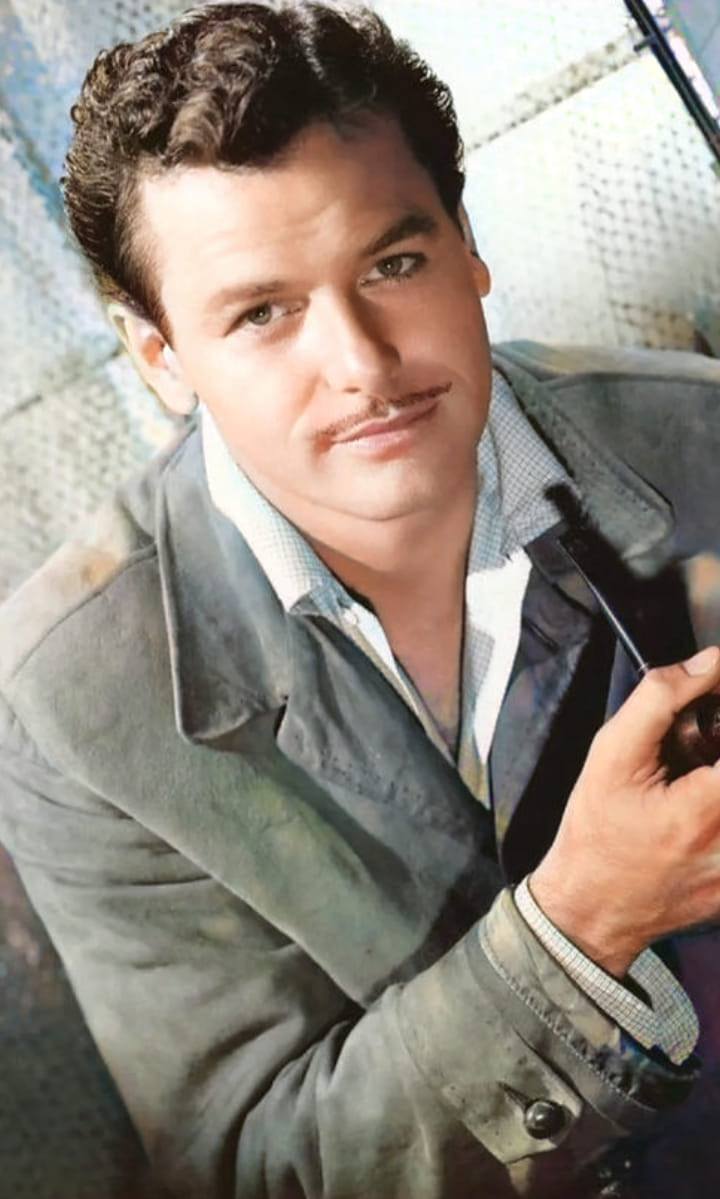
 Amanda S. Stevenson
Amanda S. Stevenson 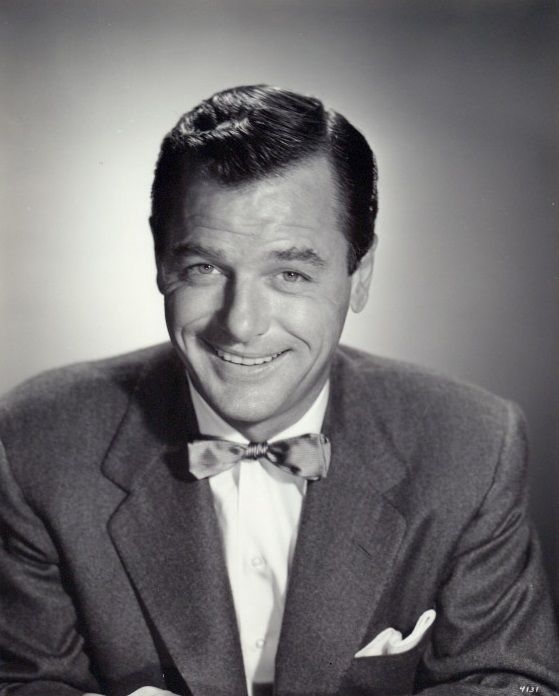
 Amanda S. Stevenson
Amanda S. Stevenson 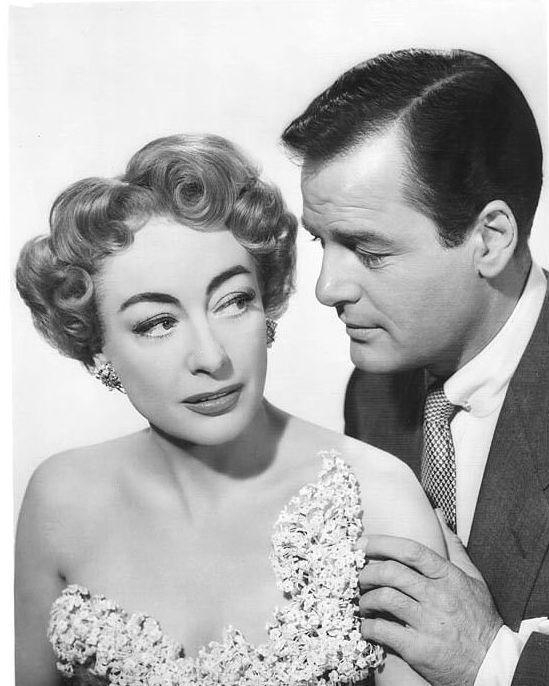
 Amanda S. Stevenson
Amanda S. Stevenson  Amanda S. Stevenson
Amanda S. Stevenson 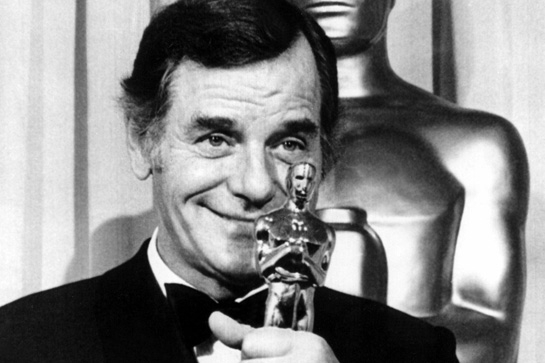
 Amanda S. Stevenson
Amanda S. Stevenson 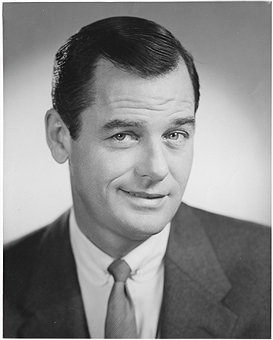
 Amanda S. Stevenson
Amanda S. Stevenson 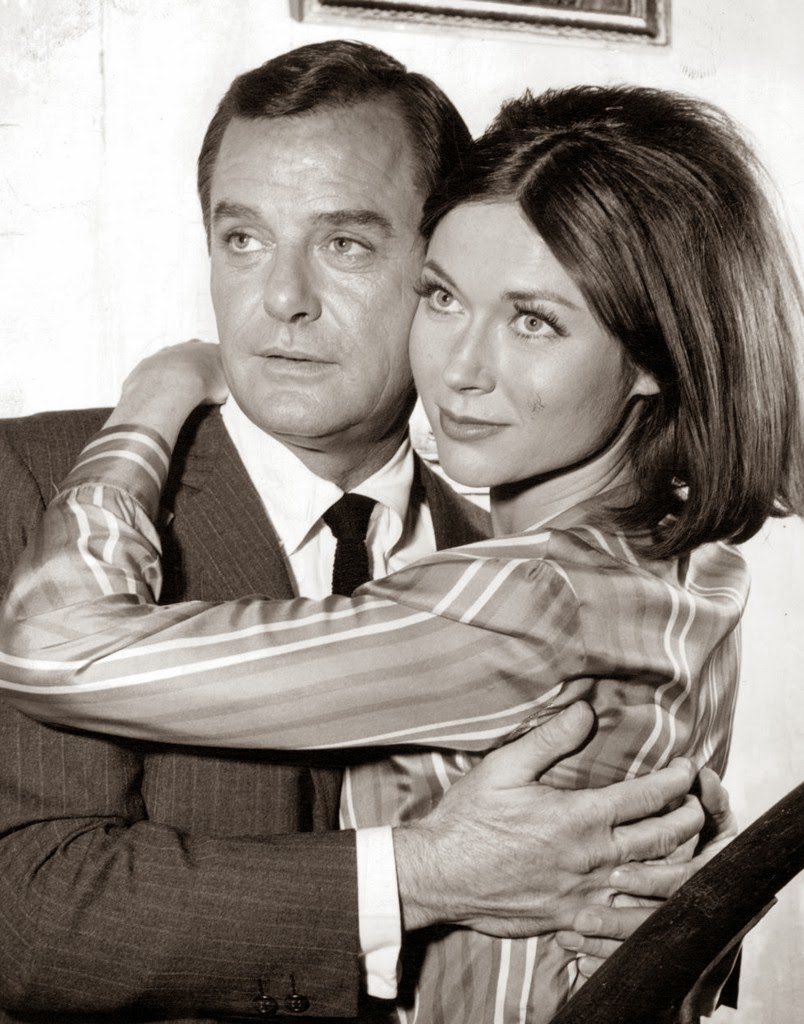
 Amanda S. Stevenson
Amanda S. Stevenson 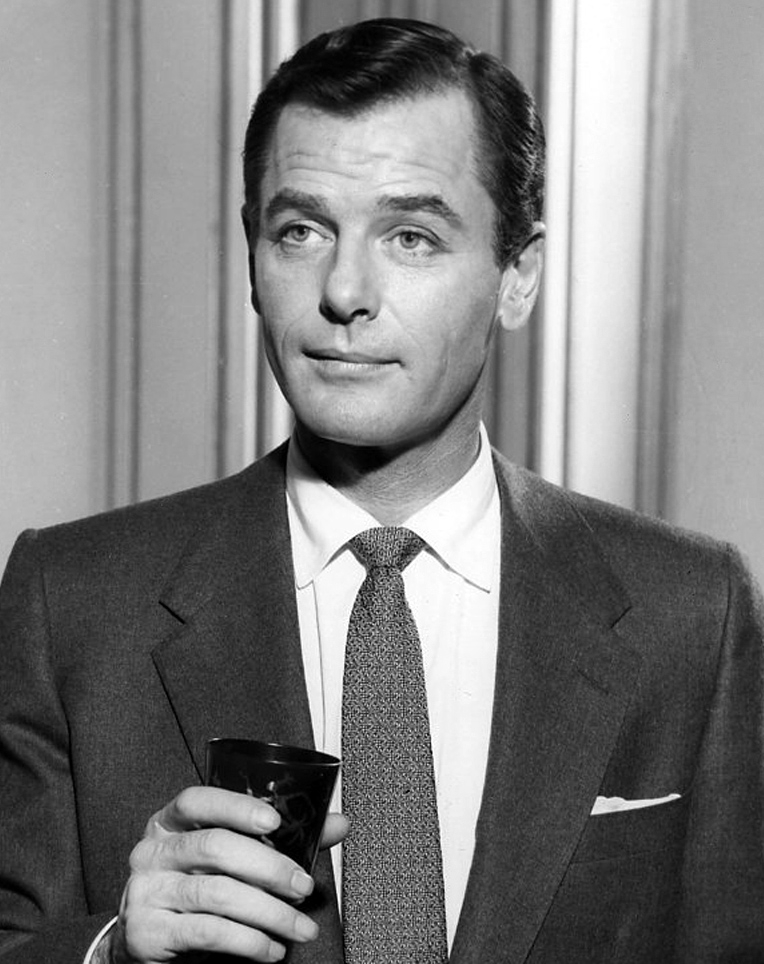
 Amanda S. Stevenson
Amanda S. Stevenson 